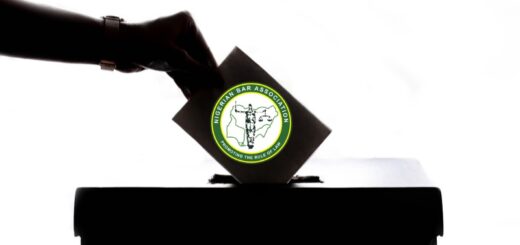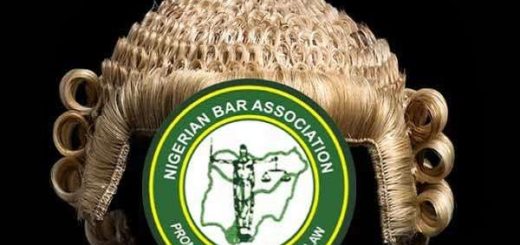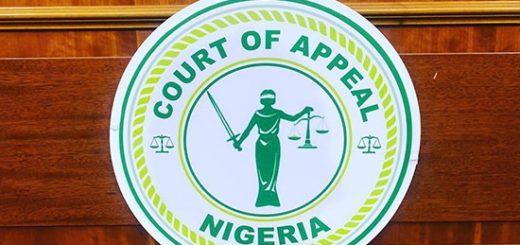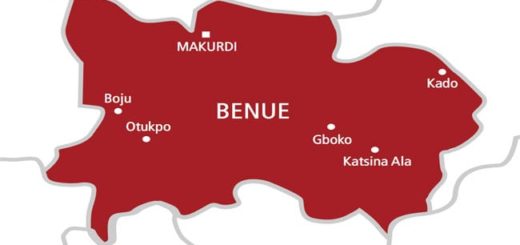Analysis Of A Foreign Company’s Power To Sue In Nigeria In Light Of Sections 78 And 84(B) Of The Companies And Allied Matters Act, 2020.
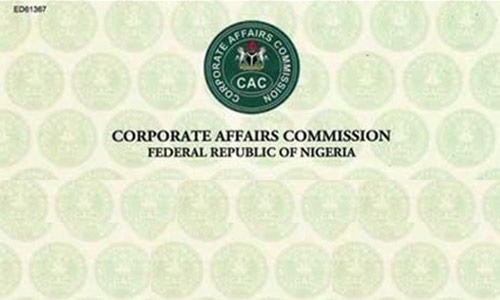 By virtue of S 78 of CAMA, 2020, a foreign company is expected to be registered in Nigeria before it can carry on business in Nigeria. S 78 of CAMA, 2020 is an offshoot of S 54 of CAMA, 1990 given the fact that their provisions are similar.
By virtue of S 78 of CAMA, 2020, a foreign company is expected to be registered in Nigeria before it can carry on business in Nigeria. S 78 of CAMA, 2020 is an offshoot of S 54 of CAMA, 1990 given the fact that their provisions are similar.
Although the provision of S 78 of CAMA, 2020 is subject to the provisions of Ss 80-83 of the Act. S 80 of the Act allows a foreign company to apply to the Minister for exemption from the provision of S 78 of the Act. This will allow the company to carry on business in Nigeria without being registered as a company in Nigeria. It listed the categories of companies that fall under that exemption, they are contained in S 80 (a-d) of the Act.
S 81 of the Act mandates an exempted foreign company to deliver in every calendar year a report to the commission (CAC).
Furthermore, S 82 of the Act states that an exempted foreign company given the authority to carry on business in Nigeria shall have the status of an unregistered company and all that is applicable to an unregistered company under the Act apply to such an exempted foreign company.
S 83 of the Act impose punishment of fine or imprisonment on a foreign company who in the process of obtaining an exemption makes any statement or presents any instrument which is false.
However, by virtue of S 84 (b) of the Act, a foreign company even if not registered in Nigeria can sue and be sued in Nigerian courts. In Seaby Jernstoberi Maskinfabric A/S V. Olaogun Enterprises LTD (1999) LPELR-2973 (SC), the Supreme Court stated the law thus:
“The principle of law that a foreign corporation duly created according to the laws of a foreign state recognized by Nigeria, may sue or be sued in its corporate name in our courts is part of the common law”.
It could be deduced from the above passage of the Supreme Court judgment that a foreign company need not be registered in Nigeria before it can sue and be sued in Nigerian courts provided the law of such foreign company is recognized in Nigeria.
Similarly, in Bank of Baroda V. Iyalabani Co. LTD 2002) LPELR-743 (SC), the Supreme Court stated thus:
“It is principle of common law, and this is accepted in this country, that a corporation incorporated in a foreign company may sue or be sued in our courts”.
Even if a foreign company changes its name to another name, provided such change is recognized under the foreign country’s law, it will have the capacity to sue and be sued in our courts. In Companhia Brasifeira De Infrrastrutura (INFAZ) V. COBEC Nigeria Limited (2018) LPELR-43848 (SC), the appellant company was a duly registered company in Brazil, it changed its name to INFAZ, the company was also a shareholder in the respondent company. However, due to the strained relationship between the two companies, the appellant company filed a petition to wind up the company of the respondent.
The Court of Appeal held that since the company had changed its name to another name, it ought to have complied with S 31 of CAMA, 1990 (now S 30 of CAMA, 2020) to effect the change since there is no Brazilian law governing the consequence of the change. The Supreme Court however set aside the judgment of the Court of Appeal and remitted the matter to the Chief Judge of the Federal High Court for the assignment of the suit to another judge. The Supreme Court noted in this case that the appellant company has the right to wind up the respondent company. The apex court noted thus:
“If COBEC in Brazil was changed to INFAZ, it follows that INFAZ is a contributory shareholder of the respondent company and therefore has the locus standi to apply for the winding up of COBEC (Nigeria) LIMITED”.
Without equivocation, a foreign company not registered in Nigeria can sue and be sued in Nigerian courts. This is in accordance with S 84 (b) of CAMA, 2020.
